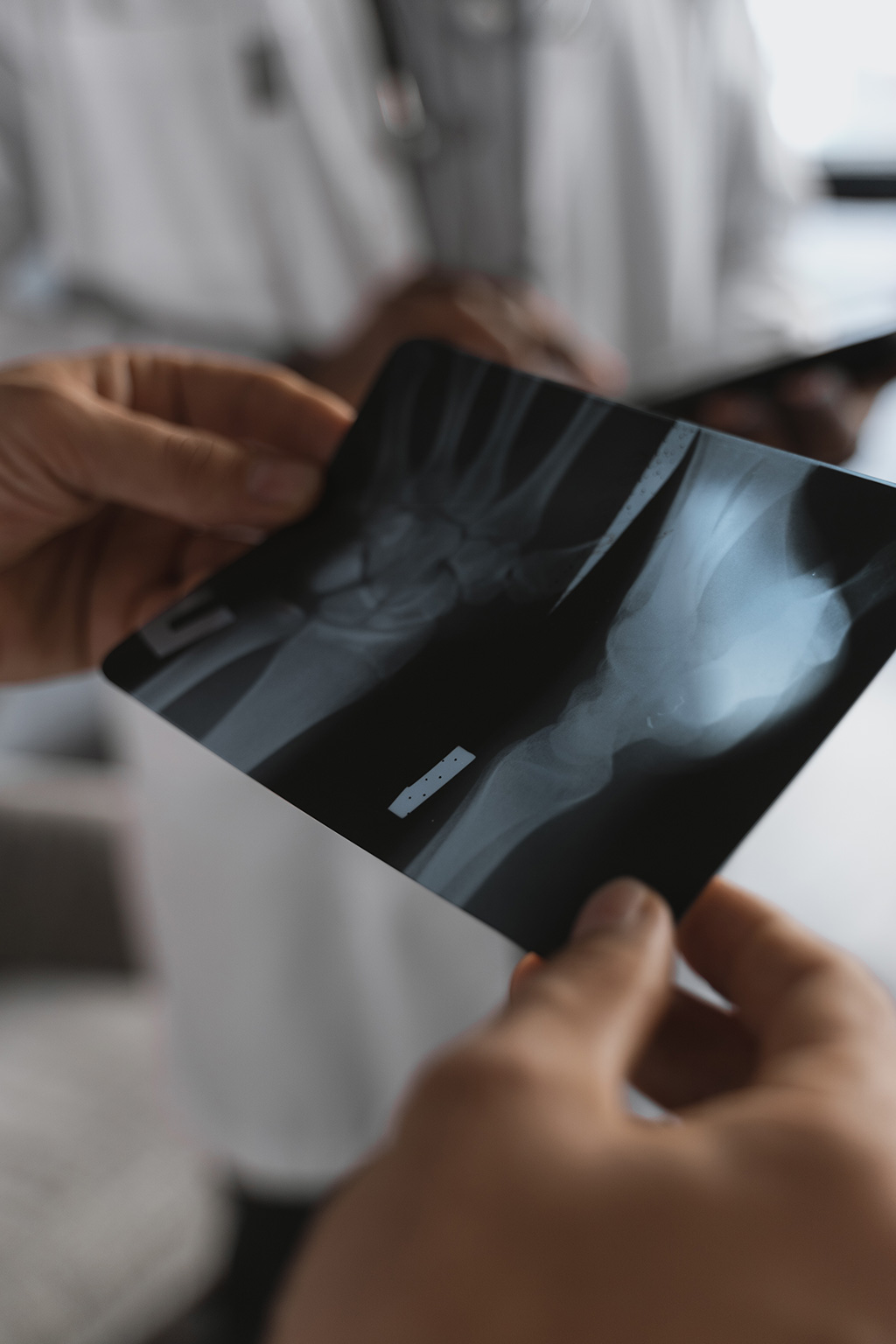AI Improves Fracture Detection on Whole-Body Trauma CT
Posted on 11 Oct 2022
The emergency department is an environment with a potential risk for diagnostic errors during trauma care, particularly for fractures. In the primary management of patients with multiple traumas, whole-body CT scanning is recommended as a standard of care. It is well established that CT scanning is superior to plain radiographs in the evaluation of fractures. Nonetheless, missed diagnoses are common. Convolutional neural network (CNN) deep learning methods are now widely used in medicine because they improve diagnostic accuracy, decrease misinterpretation, and improve efficiency. Now, a new study has found that with CNN model assistance, surgeons showed improved sensitivity for detecting fractures and the time of reading and interpreting CT scans was reduced, especially for less experienced orthopedic surgeons. The findings suggest that application of the CNN model may lead to reductions in missed fractures from whole-body CT images and to faster workflows and improved patient care through efficient diagnosis in polytrauma patients.
In the study, researchers at Chiba University (Chiba, Japan) investigated whether automatic localization and classification using CNN could be applied to pelvic, rib, and spine fractures. They also examined whether this fracture detection algorithm could help physicians in fracture diagnosis. A total of 7664 whole-body CT axial slices (chest, abdomen, pelvis) from 200 patients were used. Out of this, 5,217 images from 181 patients were used for training and validation, while 2,447 images from 19 patients were set aside for a test dataset. The test dataset included 5.8% with pelvic fractures, 5.5% with spine fractures, and 3.6% with rib fractures.

The researchers found that on its own, the algorithm produced a sensitivity of 78.6%, precision of 64.8%, and an F1 score of 0.711. The researchers then assessed the performance of three orthopedic surgeons on the test set with as well as without the help of AI. Two orthopedic surgeons had three years of experience, while the third orthopedic surgeon had eight years of experience. The researchers found that AI sharply reduced the time to diagnosis from 278.4 seconds to 162.3 seconds for one surgeon, from 205.2 seconds to 144.5 seconds for the second surgeon, and from 233.7 seconds to 155.5 seconds for the third surgeon. All differences were statistically significant (p < 0.0001). Based on the findings, the researchers concluded that the CNN could serve as a triage system in a busy emergency department and the use of AI can also lead to shorter reading times.
"Even though each examination takes just a few minutes, a reduction in reading time has a significant impact for emergency staff who make multiple clinical decisions each day," the authors wrote. "Emergency physicians and radiologists on long shifts may experience fatigue and oculomotor strain, resulting in a reduced ability to focus and to detect fractures. Fracture recognition using CNN is not only able to detect subtle findings that are difficult for inexperienced physicians to diagnose but also prevents cognitive errors due to human fatigue and biased image interpretation."
Related Links:
Chiba University














